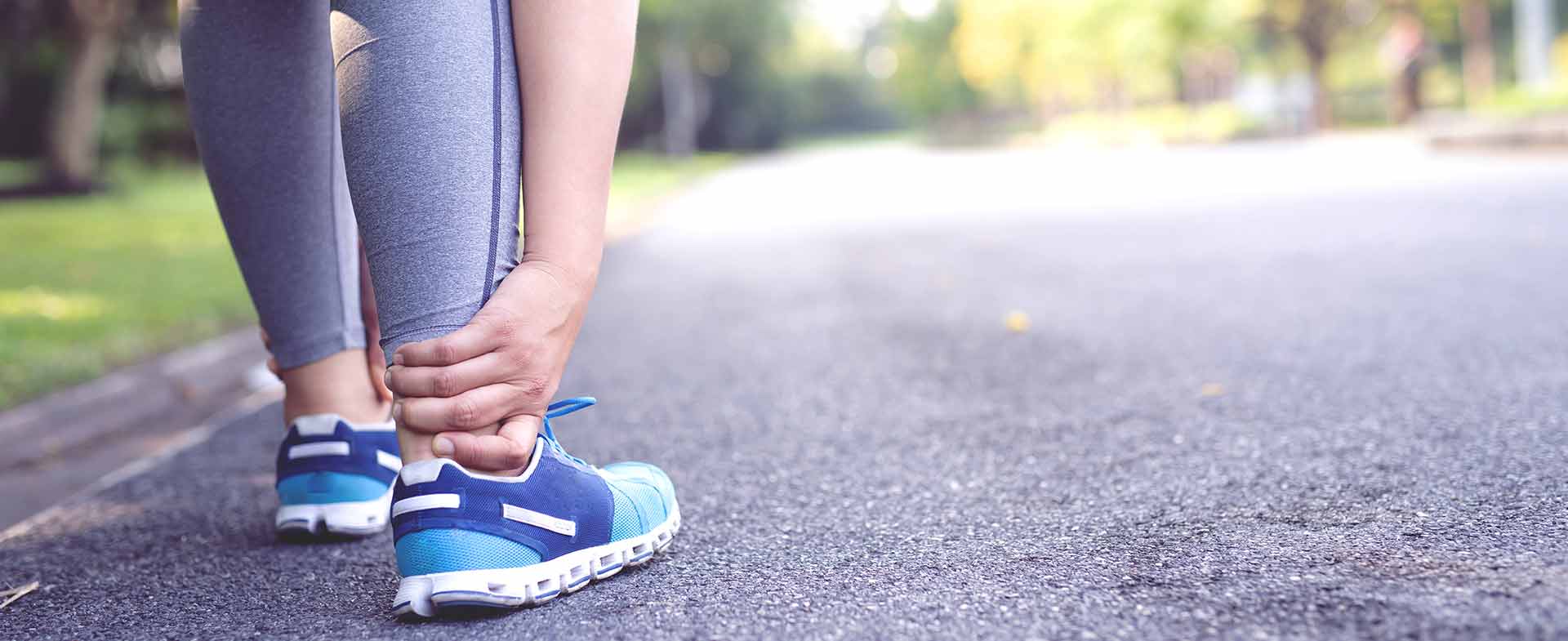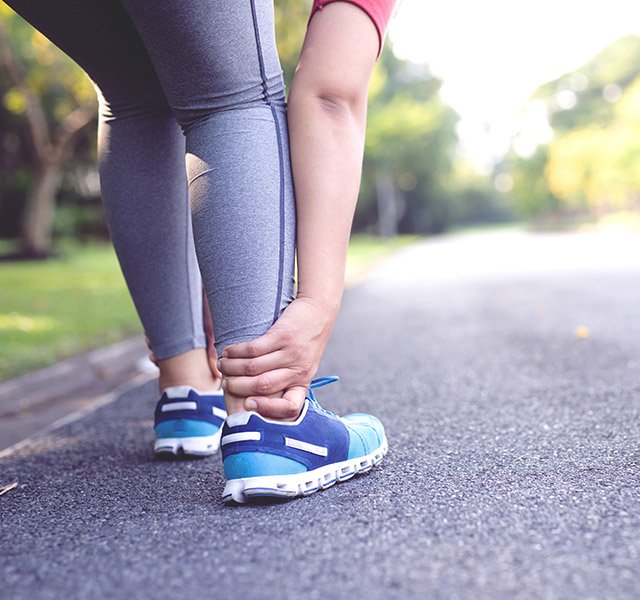Swelling in the limbs can be more than perturbing puffiness. Edema, extra fluid in your tissues, has various causes, including those related to arteries, veins and the lymphatic system (a part of your immune system). Syed T. Ahsan, M.D., a vascular medicine specialist at Henry Ford Health, reveals easy tips to reduce swelling and increase wellness.
Edema: The Water Retention And Lifestyle Connection
Want to banish — or at least diminish — fluid-related swelling in your feet, ankles, legs and arms? Read on for 10 easy tips you can incorporate today:
- Get inside information. “Arteries, veins and the lymphatic system all play a role in swelling,” explains Dr. Ahsan. He recommends getting a thorough evaluation from your provider to learn the cause of swelling. “If edema is not related to heart and kidney function, you could benefit from a diet and exercise plan aimed at reducing fluid retention and improving circulation.”
- Pick pure, plain water. When it comes to healthful hydration, the truth is plain: good old-fashioned H2O is best. “Coffee, tea and alcohol are culprits for dehydration, but they aren’t the only drinks to avoid,” cautions Dr. Ahsan. “Juices, smoothies and carbonated soft drinks contain sugar, preservatives, chemicals or other additives. These can all contribute to fluid retention.”
- Think twice about restaurant and fast foods. Before you motor into the drive-thru or order takeout, consider this: commercially prepared foods are packed with less-than-healthy ingredients. “Most restaurant and fast foods are created to be inexpensive and tasty,” remarks Dr. Ahsan. “They are highly processed and contain large amounts of salt and preservatives, which contribute to fluid retention and swelling.”
- Can the can. Not to mention the frozen dinner, lunchmeat and heat-and-serve items. “Ultra-processed foods are made for ease, not health,” states Dr. Ahsan. “Like their commercial counterparts, these convenience foods contain high levels of salt, sugar and preservatives.” Dr. Ahsan remarks that studies have shown that these foods, like fast foods, increase the risk of diabetes, heart disease and even cancer. “The best approach,” he advises, “is to pass on processing and prepare your own food.”
- Curb carbs. People today consume 50 times more sugar than their ancestors did. This has led not only to increased obesity but also swelling due to fluid retention. “Sugar is everywhere,” says Dr. Ahsan. “It’s important to avoid the usual suspects like sweets and bakery goods, as well as starchy carbohydrates.” Carbs to be cautious of include bread, bagels, pasta and potatoes. Think it’s okay to sprinkle sugar substitute? Think again. “Sugar substitutes contain chemicals that also lead to swelling and may contribute to conditions like diabetes. When in doubt: don’t,” advises Dr. Ahsan.
- Eat good, feel good. With all the restrictions, you may ask, “What can I eat?” The answer: plenty. “Reach for yogurt, eggs, oatmeal and plain nuts,” suggests Dr. Ahsan. “Choose fresh meat, fruits and vegetables.” Dr. Ahsan recommends eating whole fruits and vegetables rather than consuming juices or smoothies. This ensures you get the full benefit of fiber and vitamins. Dr. Ahsan also cautions against “juice cocktails” that are little more than fruit-flavored sugar water. He advises making produce palatable, but within reason. “If you want salad dressing, go ahead. Just be sure you’re putting dressing on the salad, not the other way around.”
- Get moving. Exercise can help circulation and improve balance. “In addition to walking or riding a bike 20-25 minutes per day, I recommend doing heel and toe raises,” says Dr. Ahsan. “These exercises not only build muscle but also help improve circulation. The foot and calf muscles pump blood and fluid back up after periods of sitting or standing.” Dr. Ahsan reminds people that exercise can also lead to metabolic benefits. These include weight loss, lower blood pressure and better cholesterol and sugar control. “These improvements help a variety of people, including those with arterial disease.”
- Sleep in a (real) bed. Your comfy chair may live up to its name, but skip it for nighttime sleeping. “Sleeping in a regular bed allows fluid to drain from leg tissues,” advises Dr. Ahsan. “To ease leg swelling, place a thin folded blanket beneath your torso starting at your hips.” Dr. Ahsan offers a tip for those who have lymphedema in the upper extremities due to breast cancer. He recommends tucking a body pillow under the shoulder on the affected side.
- Apply grapeseed oil. You may know that your skin is your body’s largest organ. But did you know that taking care of your skin can help prevent swelling? “Your skin is like a built-in compression garment,” comments Dr. Ahsan. “Grapeseed oil has both moisturizing and anti-inflammatory properties.” He recommends applying it to the body from the toes to the knees at least once per day. “But stop using it if your skin becomes irritated.”
- Realize that results may vary. Dr. Ahsan says that these lifestyle changes can result in a host of benefits. But they may affect people in different ways. “Not every condition will respond to these steps,” he cautions. “People with venous insufficiency, kidney disease, old blood clots, lymphedema and other conditions will likely have different results.” Dr. Ahsan also advises that the causes of edema may differ from those mentioned. He recommends eliminating various foods to see which ones impact swelling.
Bottom line: If you have swelling in your limbs, see your provider to discover the underlying cause. If it’s not related to your heart or kidneys, you could benefit from lifestyle changes. “Most people experience positive changes in their overall health and well-being,” comments Dr. Ahsan. “These are small steps that can yield big benefits.”
To find a vascular health specialist at Henry Ford, visit henryford.com or call 1-800-436-7936.
Dr. Syed Ahsan is a vascular medicine specialist. He sees patients at a number of Henry Ford Health facilities, including the Henry Ford Medical Centers in Detroit and Livonia, Michigan.



